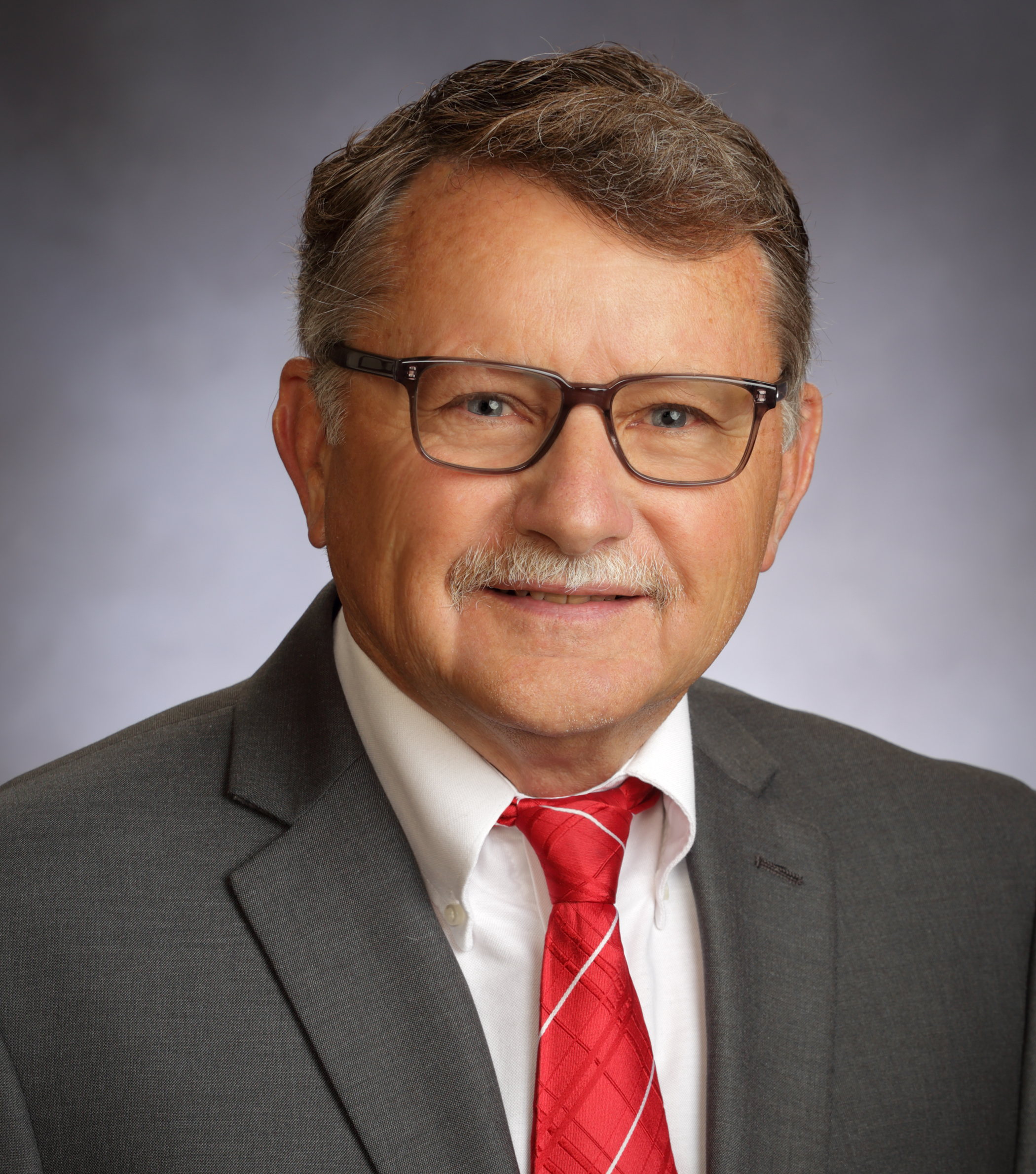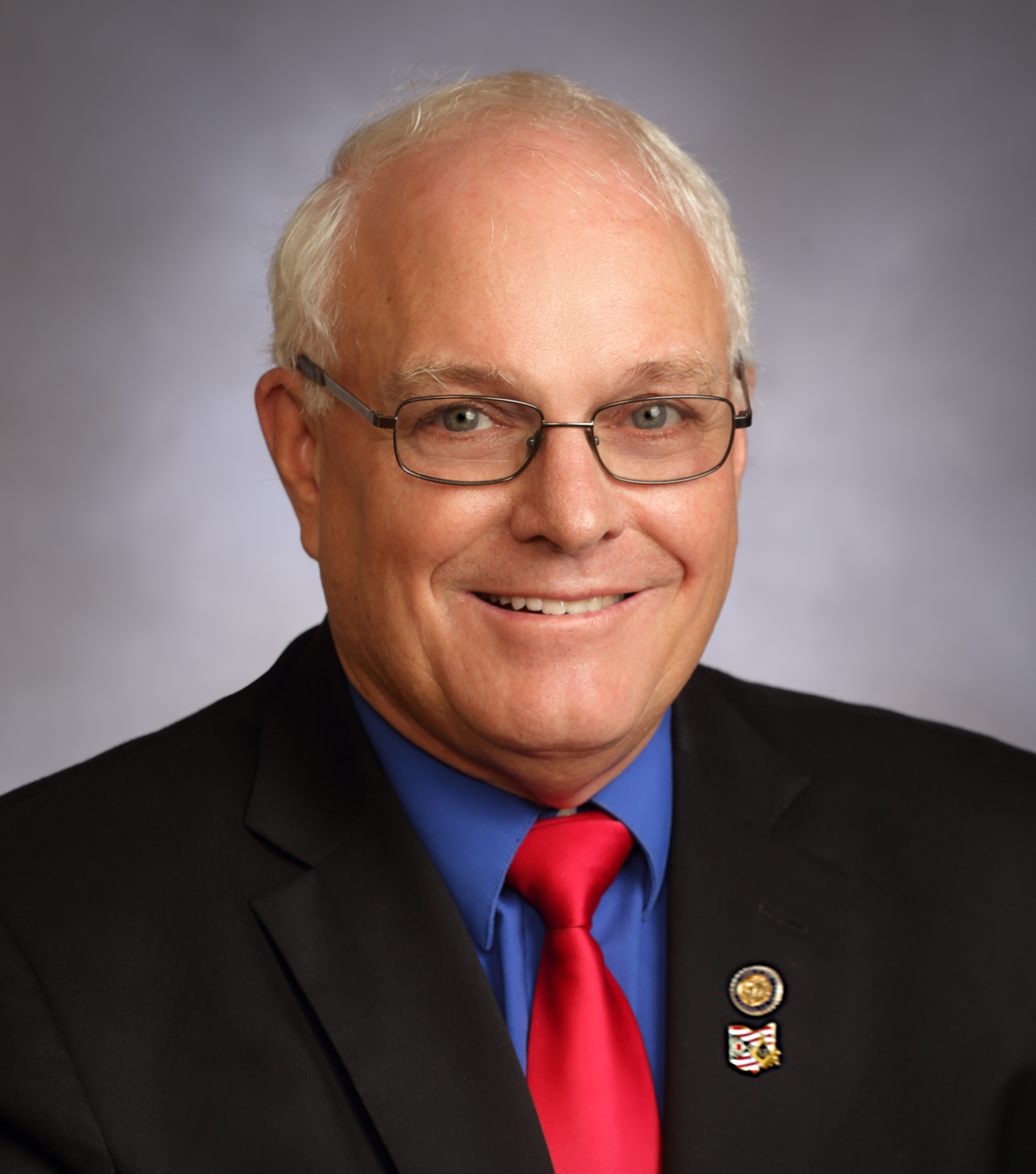- Home
- »
- Agencies & Departments
- »
- Commissioners
Board of Licking County Commissioners
Contact Us
The Donald D. Hill County Administration Building
20 South Second Street
Newark, Ohio 43055
(directions)
Phone: (740) 670-5110
Fax: (740) 670-5119
Email:
Rick Black
[email protected]
Timothy E. Bubb
[email protected]
Duane Flowers
[email protected]
| Join Us On Facebook |
|
| Subscribe
On YouTube |
The State of Ohio consists of 88 counties all served by a board of county commissioners with the exception of two counties, Cuyahoga and Summit, each of which operates under a Charter form of government.
The Licking County Board of Commissioners consists of three persons elected every four years. Two are elected during the Presidential election year and one during the Gubernatorial election year. The Board organizes each year on the second Monday of January to elect one member President for a term of one year. The Licking County Commissioners meet on Thursdays from 9:00 am to 4:30 pm. They are authorized under the Ohio Revised Code 305.07, to hold special sessions as often as the commissioners deem it necessary.
At regular or special sessions, the board may make any necessary order or contract in relation to the building, furnishing, repairing, or insuring of public buildings or bridges; the employment of janitorial services; the improvements or enclosure of public grounds; the maintenance or support of developmental disabled persons or the mentally ill; the expenditure of any fund; or the board may provide for the reconstruction or repair of any bridge destroyed by fire, flood, or otherwise. The board shall comply with Division (F) of section 121.22 of the Revised Code. The board may do any other official act not, by law, restricted to a particular regular session.
The board of county commissioners may provide by resolution for the holding of special sessions of the board at a location in the county other than the usual office of the board at the county seat. The adoption of the resolution and the location where the sessions will be held shall be entered on the journal of the board. The board shall give reasonable public notice of its action taken.
A majority of the board shall constitute a quorum at any regular or special meeting. This means no less than two shall constitute a quorum.
All proceedings of the board shall be public at the usual office of the board at the county seat, or at another location and shall be in conformity with the rules of parliamentary law.
The clerk administrator of the board of county commissioners shall keep a full record of the proceedings of the board, and a general index of such proceedings, entering each motion with the name of the person making it on the record. The clerk administrator shall call and record the yeas and nays on each motion which involves the levying of taxes or appropriation or payment of money. The clerk administrator shall state fully and clearly in the record any question relating to the powers and duties of the board which is raised for its consideration by any person having an interest therein, together with the decision on such question, and shall call and record the yeas and nays by which the decision is made. When requested by a party interested in the proceedings or by his counsel, the clerk administrator shall record any legal proposition decided by the board, the decision thereon and the votes by which the decision is reached. If either party, in person or by counsel, except to such decision, the clerk administrator shall record the exceptions with the record of the decision.
Immediately upon the opening of each day's session of the board of county commissioners, the records of the proceedings of the session of the previous meeting day shall be read by the clerk administrator of the board, and if correct, approved and signed by the commissioners. When the board is not in session, the record of proceedings shall be kept in the county commissioners' office, open at all proper times to public inspection. It shall be certified by the president and clerk administrator of the board, and shall be received as evidence in every court in the state.

_June_2020.jpg)

